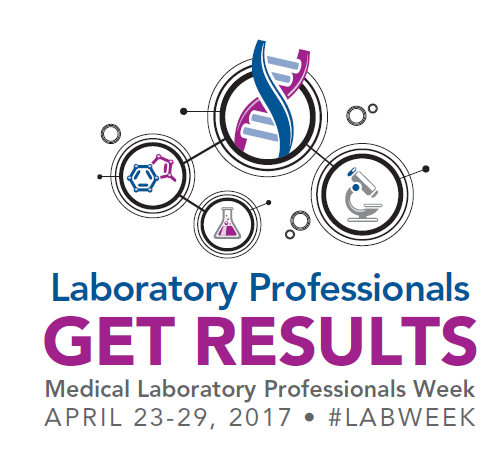Catching the flu is never good, especially when you’re pregnant. The flu is more likely to cause severe illness in pregnant women than those who are not pregnant. DHEC is encouraging pregnant women to get their flu shots.
As of November 2017, the influenza vaccination coverage among pregnant women before and during pregnancy was 35.6 percent, according to a Centers for Disease Control and Prevention (CDC) Panel Survey.
“The percentage is alarming because it means that almost two-thirds of pregnant women are potentially not protected,” said Dr. Tracy Foo, DHEC’s Immunization and Acute Disease Epidemiology Division. “Pregnant women are encouraged to get their flu shot because it’s never too late to protect yourself and your baby.”
The flu shot is the first and most important step in protecting against the illness. When given during pregnancy, the flu shot has been shown to protect both the mother and baby for several months after birth. The flu shot can be administered during any trimester of pregnancy.
The flu is a contagious respiratory illness caused by influenza viruses. Symptoms may include a sudden onset of fever, cough, headache or muscle aches, tiredness, sore throat, and nasal congestion or stuffiness. Any pregnant woman experiencing these symptoms is urged to contact their healthcare provider immediately. The flu is a serious disease that can lead to hospitalization and sometimes even death.
Flu vaccines are offered in many locations, including doctor’s offices, clinics, health departments, and pharmacies, as well as by many employers. Even if you don’t have a regular doctor or nurse, you can get a flu vaccine somewhere else like a health department, pharmacy, and urgent care clinic. You can find your local flu clinic on DHEC’s website.




